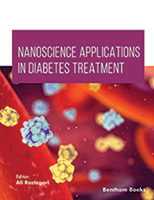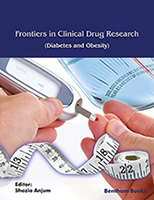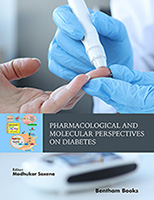Introduction
Frontiers in Clinical Drug Research – Diabetes and Obesity is an eBook series that brings updated reviews to readers interested in advances in the development of pharmaceutical agents for the treatment of two metabolic diseases – diabetes and obesity. The scope of the eBook series covers a range of topics including the medicinal chemistry, pharmacology, molecular biology and biochemistry of natural and synthetic drugs affecting endocrine and metabolic processes linked with diabetes and obesity. Reviews in this series also include research on specific receptor targets and pre-clinical / clinical findings on novel pharmaceutical agents. Frontiers in Clinical Drug Research – Diabetes and Obesity is a valuable resource for pharmaceutical scientists and postgraduate students seeking updated and critically important information for developing clinical trials and devising research plans in the field of diabetes and obesity research.
The third volume of this series features 5 chapters that cover a variety of topics including:
- - Exendin-4 and its derivatives
- - The growth hormone/insulin-like growth factor system
- - Insulin and cardiovascular function
- - Diabetes mellitus related infertility
- - Adipocytokines as markers of insulin resistance





